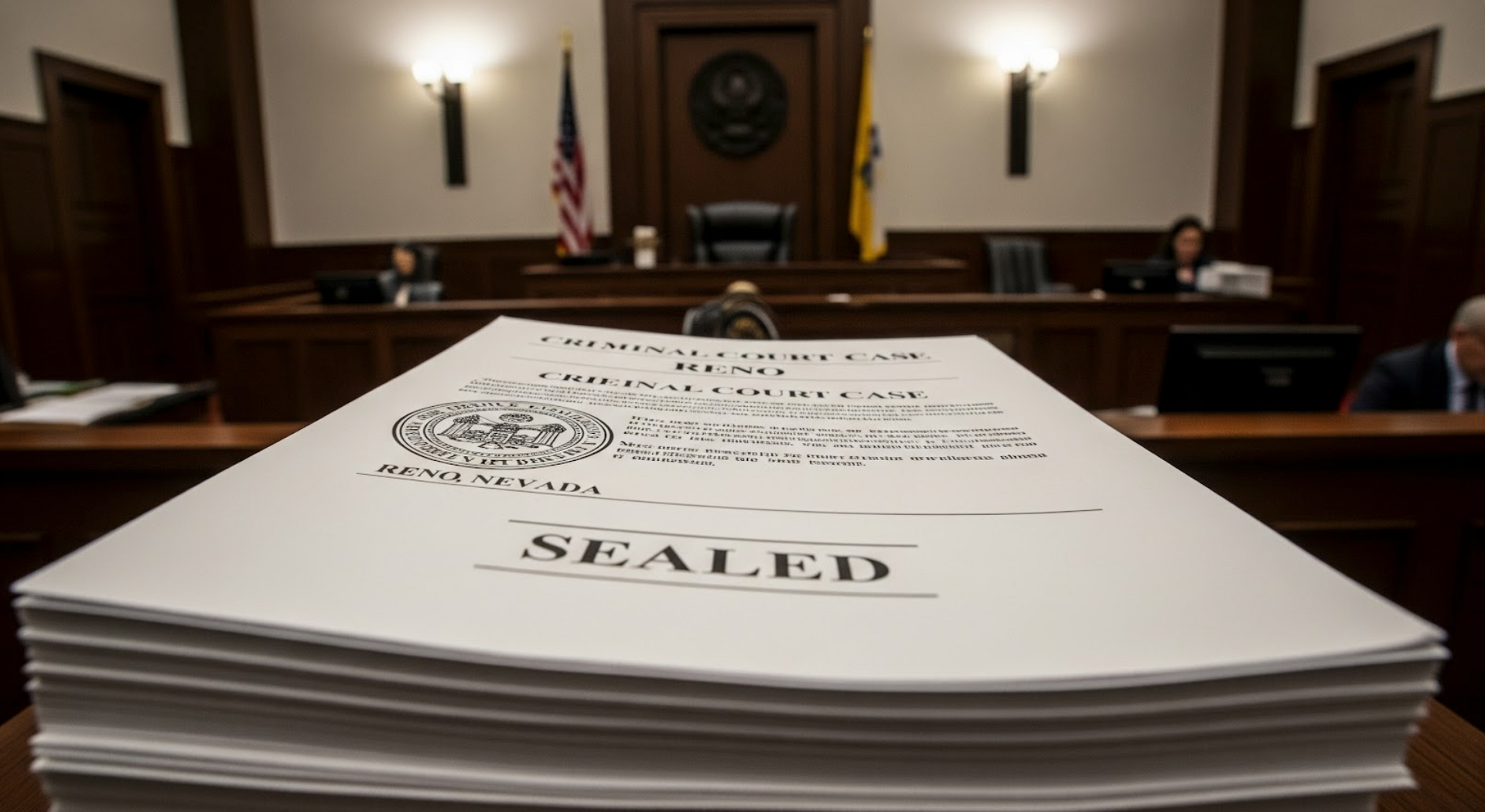What are my Rights When There is a Restraining Order Against Me

How do I Protect Myself When There is a Restraining Order Against Me?
Even with a restraining order, you still have rights. It doesn’t do you any good to just sit around wondering, “Why did they put a restraining order against me?” Whether you agree with the judge’s decision or not, you still have to abide by it. Taking the time to educate yourself on your rights and limitations in regard to the restraining order is the first step. Preparing to defend against it is the next one.
A restraining order is a court order involving an allegation of harassment, stalking, physical abuse, or sexual assault. They have also been used in response to civil matters. A restraining order bars a person, the “Respondent,” from certain activities such as seeing or contacting the “Petitioner.” There are two kinds of restraining orders—temporary or permanent. A court will issue a temporary restraining order for only a few weeks and it is only enforced during that time period. The Respondent does not have to be present for a temporary restraining order. A permanent restraining order stays in effect after a court hearing is over and will be enforced for an extended period, usually 6-12 months. The Respondent must be present for a permanent restraining order hearing to fight it. It’s important to remember that whether you have a permanent or a temporary restraining order in effect, you must obey everything that it says or you will be charged criminally with a violation.
What is My First Step When I Have a Restraining Order Against Me?
If you have been served with a temporary restraining order, it’s important that you contact a lawyer immediately. The court will not appoint an attorney for restraining order hearings. These hearings will also be conducted very quickly. In most cases, you only have a few weeks before the permanent restraining order hearing. During this time, you have all the rights and freedoms you normally would have, except you can’t be in the proximity of the Petitioner, as outlined in the details of the restraining order. You have the right to go to work and go to the places you would like, as long as the Petitioner is not present. If the Petitioner shows up you should leave.
More importantly, you have the right to build a defense against the permanent restraining order. You should begin gathering any physical evidence to refute the restraining order. This may include pictures, videos, phone records, text messages, emails, GPS records, and any other records related to your relationship with the Petitioner.
Is There Anything I Shouldn’t Do if I Have a Restraining Order Against Me?
It’s understandable that you might be angry. Even if you have a rock-solid defense, do not contact the Petitioner or violate the temporary restraining order. Failure to comply with a restraining order is a violation of the law and you will be sentenced with jail time. You need to also avoid all contact with any close associates of the Petitioner as it could be a technical violation. If law enforcement or the court thinks it is a “backdoor” attempt to communicate with the Petitioner.
If you do engage in any of these activities, the Petitioner can bring this up during the hearing and make it very difficult for you to defend against the permanent restraining order. If you and the Petitioner have children together and you have been barred from seeing them, do not try to skirt around the order by seeing your children at school or a family member’s house. This will also be used against you in the hearing for the permanent restraining order. It’s better to address seeing your children at the hearing. Remember, courts often grant temporary restraining orders just to be on the safe side until the can hear both sides at the permanent restraining order hearing.
Jesse Kalter Can Help You Build a Defense Against a Restraining Order
It can feel like you’ve been blindsided after being served with a temporary restraining order. Especially, since you don’t have to be present to have it filed against you. Take the time to ensure the best possible outcome for your situation and consult with an experienced criminal defense lawyer. Jesse Kalter has years of legal experience and a tenacious pursuit of justice. He has worked through countless restraining order cases and can help you too. He has also successfully defended countless criminal restraining order violation charges. He is available to serve the people of Reno , Sparks , Carson City , Fallon, Fernley, Dayton, Yerington, Douglas County, and all other Northern Nevada rural counties.
Build a Solid Defense Against a Restraining Order with an Experienced Criminal Lawyer.
Contact Jesse Kalter Today for a Free Confidential Case Evaluation and Consultation
CLICK HERE
to Contact Him Online or Call 775-331-3888
WHAT’S YOUR FREEDOM WORTH?®
The post What are my Rights When There is a Restraining Order Against Me appeared first on Jesse Kalter Law.






